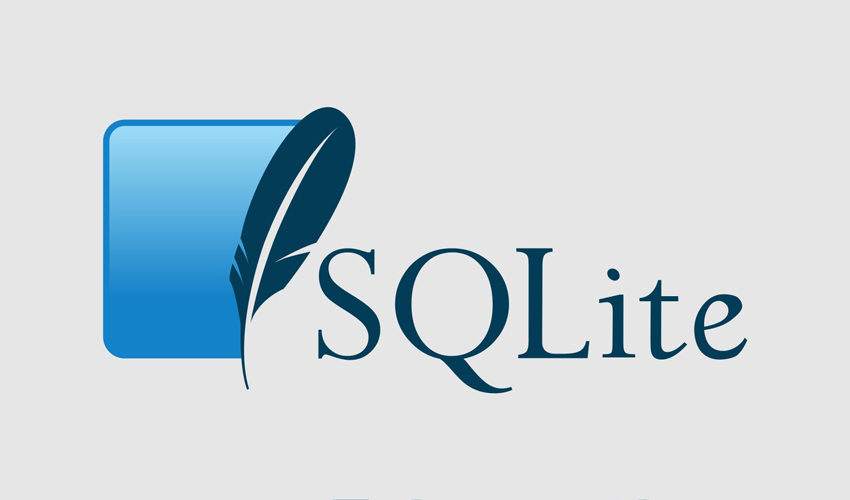SQLite for Secrecy Management – Tools and Methods

Introduction
Secrets pervade enterprise systems. Access to critical corporate resources will always require credentials of some type, and this sensitive data is often inadequately protected. It is rife both for erroneous exposure and malicious exploitation. Best practices are few, and often fail.
SQLite is a natural storage platform, approved by the Library of the U.S. Congress as a long-term archival medium. “SQLite is likely used more than all other database engines combined.” The software undergoes extensive testing as it has acquired DO-178B certification for reliability due to the needs of the avionics industry, and is currently used on the Airbus A350's flight systems. The need for SQLite emerged from a damage control application tasked for the U.S. battleship DDG-79 Oscar Austin. An Informix database was running under HP-UX on this vessel, and during ship power losses, the database would not always restart without maintenance, presenting physical risks for the crew. SQLite is an answer to that danger; when used properly, it will transparently recover from such crashes. Despite a small number of CVEs patched in CentOS 7 (CVE-2015-3414, CVE-2015-3415, CVE-2015-3416, CVE-2019-13734), few databases can match SQLite's reliability record, and none that are commercially prevalent.
SQLite specifically avoids any question of access control. It does not implement GRANT and REVOKE as found in other databases, and delegates permissions to the OS. Adapting it for sensitive data always requires strong security to be implemented upon it.
The free releases of CyberArk Conjur and Summon build a basic platform for secrecy management. These tools are somewhat awkward, as conjur requires a running instance of PostgreSQL, which brings an attack surface that is far larger than hoped. Slaving an enterprise to a free, centralized instance of conjur and PostgreSQL is a large risk, as CyberArk's documentation attests.
CyberArk summon, however, can be configured with custom backend providers, which have simple interfacing requirements. SQLite is a fit both for summon and as a standalone secrecy provider.
Source: Linux Journal - The Original Magazine of the Linux Community
